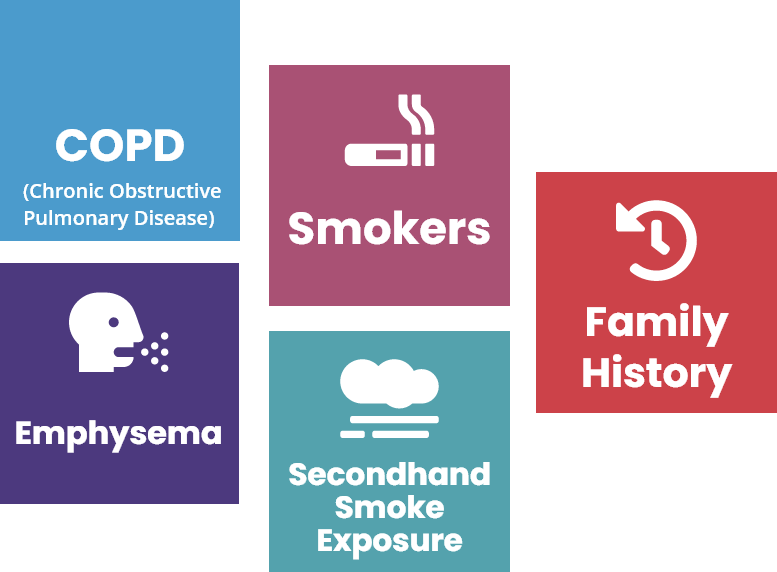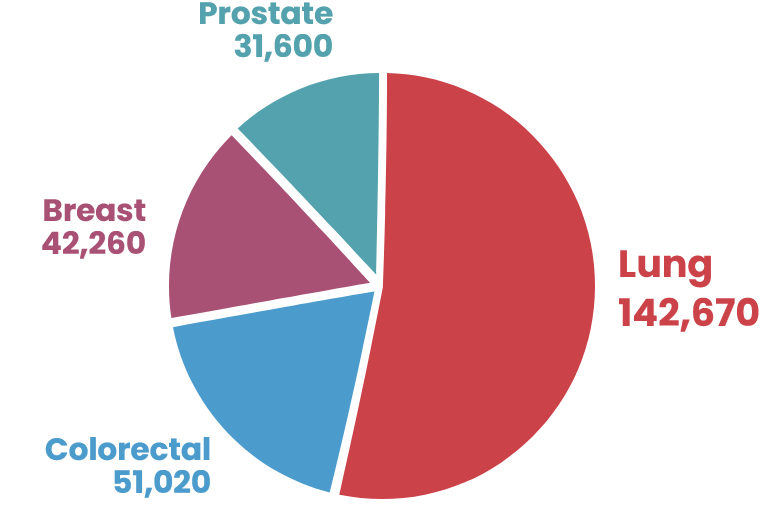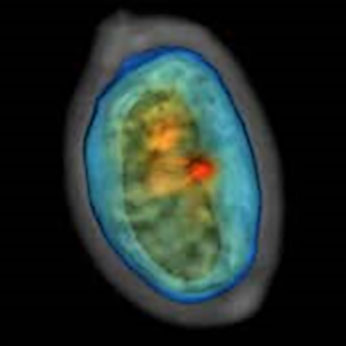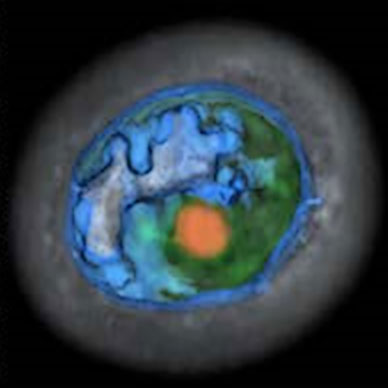
Lung Cancer Awareness
Why is Early Detection so Critical?
Rarely detected early with today’s options, lung cancer takes more lives than any other cancer. With our simple test, we are dedicated to saving lives by catching lung cancer before it’s too late.
Learn more about who is at risk, the impact, and the types of lung cancer below. Because keeping yourself informed may save your life or the life of a family member.
Who Is the Most at Risk?
It’s Not Just Smokers
Lung cancer affects hundreds of thousands of people every year, with a low survival rate due to late detection. Although heavy smokers are high risk patients, you may have a higher risk of getting lung cancer than you think.


Facing Facts
Lung Cancer Takes more lives annually in the United States than the next three most common cancers combined.
Because of a low rate of early detection, 19% of people diagnosed with lung cancer expect to survive for five years or more, but if caught early, chances of a 5-year survival rate improve dramatically.
How Common is Lung Cancer?
Lung cancer kills
2.5x
as many men as
prostate cancer
Lung cancer kills
1.5x
as many women as
breast cancer
Lung cancer accounts for
13%
of all new cancer
diagnoses
Lung cancer accounts for
24%
of cancer death
Types of Lung Cancer Cells
Lung Cancer Appears Differently in Early Stage
There are several kinds of lung cancer based on the tissue and placement inside the lung in early stage. Detecting these early forms at a cellular level is critical. VisionGate accomplishes this by using a simple, non-intrusive, deep cough sample.

Squamous Cell
appears in your
airway upper lung

Adenocarcinoma Cell
appears in the lower
section of the lung
What Methods are Currently Available for Detection?
Current methods rely on a CT scan that is only offered to high-risk patients and those who are symptomatic. Unfortunately, if you have symptoms of lung cancer, it is more likely to be later stage.
A CT scan has a challenging false positive rate, which means the accuracy of the test actually revealing lung cancer is low, with half of invasive biopsies performed on benign nodules.
79%
of patients with lung cancer do not survive 5 years due to late diagnosis
Why we Don’t Rely on an Invasive Blood Test for Early Detection
Extensive clinical studies have shown that the earliest stages of lung cancer is not easily detected through blood.
Early stage cancer is similar to a wart on the lining of the lung walls that can be detected on a cellular level. By using your deep cough sample, our technology examines your cells in three dimensions and identifies abnormal cells.
